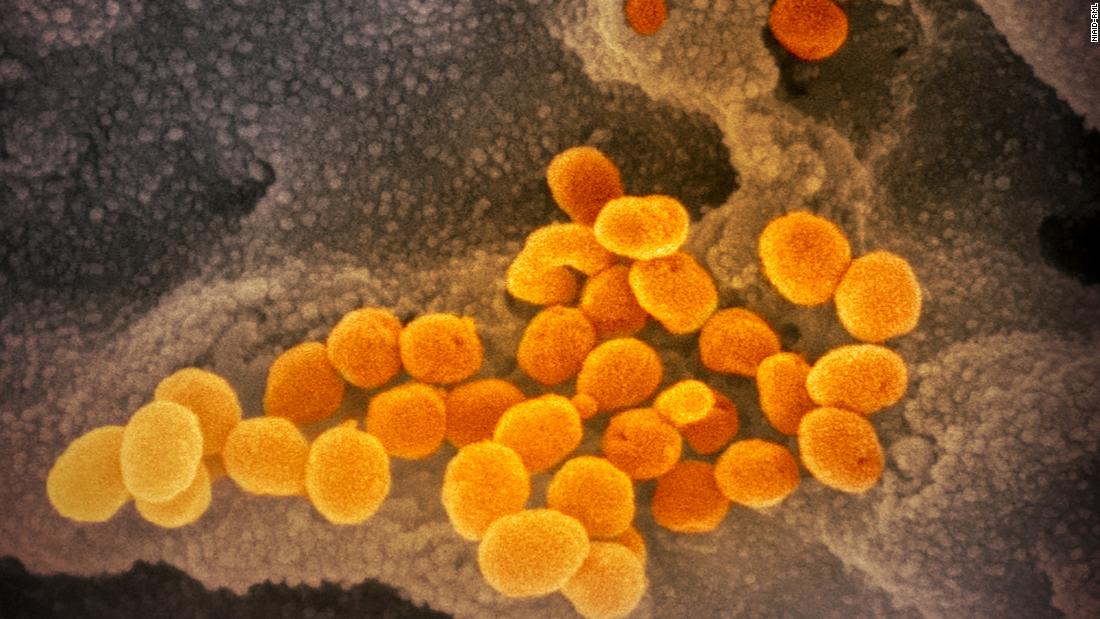More scientists in more countries need to be collecting and sequencing samples of coronavirus to help the world keep an eye out for dangerous new mutations, World Health Organization scientists said Tuesday.
“Our collective goal is to get ahead of the game and have a global mechanism to quickly identify and study variants of concern and understand their implications for disease control efforts,” said Dr. Ana Maria Henao Restrepo, head of WHO’s Research and Development Blueprint.
“So far an astounding 350,000 sequences have been publicly shared, but most come from just a handful of countries. Improving the geographic coverage of sequencing is critical for the world to have eyes and ears on changes to the virus,” said Dr. Maria Van Kerkhove, WHO technical lead on Covid-19.
WHO sponsored a virtual meeting of 1,750 experts Tuesday, and said helping increase the global capacity for running genetic sequences of viruses is a priority.
“Better surveillance and laboratory capacity to monitor strains of concern needs to be accompanied by prompt sharing of virus and serum samples via globally agreed mechanisms so that critical research can be promptly initiated each time,” WHO said in a statement.
Some background: New variants have been spotted in Britain and South Africa that appear to be more easily transmitted, although the pattern of mutations in each do not appear to make the virus otherwise more dangerous.
But scientists note that the more people become infected with coronavirus, the more opportunities it will have to change into new forms, and some of them may end up causing more severe disease.


Recent Comments